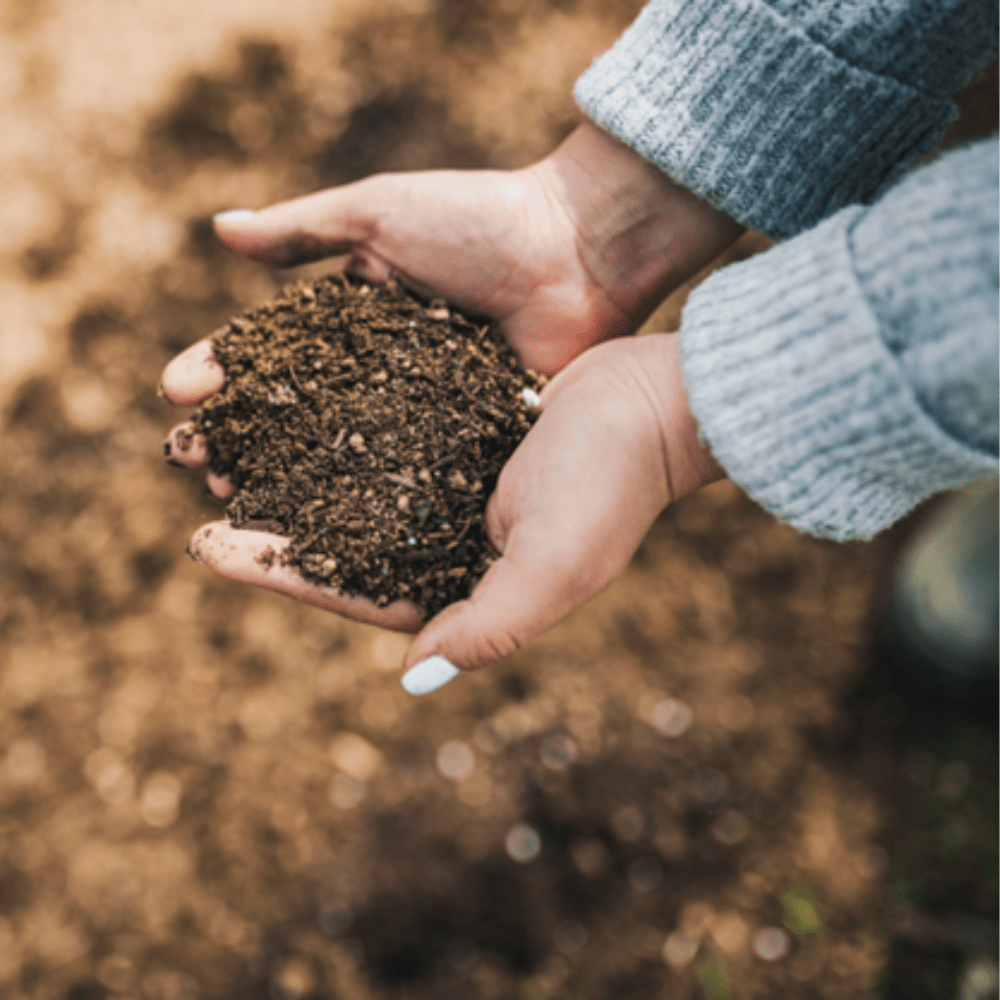
Biodegradable vs. Compostable: What You Need to Know
The terms “biodegradable” and “compostable” are often thought to be interchangeable, but there are significant contrasts between the two.
What does compostable mean?
You may have heard about composting as it pertains to food scraps and soil. The term “compostable” also pertains to all kinds of products and their packaging, as well. According to Oceanwatch Australia, “Compostable products are made by organic elements or plants that are able to degrade with time. Compostable products produce humus, upon degradation, which is an incredibly rich soil type. The high level in microbial activity in humus boosts beneficial microbes within your soil which, in turn, assists plants to strengthen their immune systems (Nature’s Path, 2020). Therefore, compostable products do not have any toxic elements to the environment after degradation.”
Over time–approximately six months– 90% of compostable materials completely break down into water, biomass, and carbon dioxide, and they do so without harming the planet. To do so, they must enjoy a specific environment that includes “warm temperatures, nutrients, moisture and plenty of oxygen” (Oceanwatch Australia).
In the United States, there are certain standards that products must meet in order to be labeled compostable. “Products labeled as compostable must be tested to meet US industrial composting standards ASTM D6400 and ASTM D6868. These standards require that compostable products biodegrade within 90 days and leave no harmful residue. Testing includes a seed germination trial, which ensures the compost produced is not harmful to plant life” (Elevated Packaging, 2022).

What makes a product biodegradable?
“All compostable products are biodegradable, but not all biodegradable products are compostable.” This quote can be found across many websites discussing biodegradability, and it’s one that helps us to remember the differences between products that are biodegradable vs. compostable.
Biodegradable formulas are often packaged in plastics made from petroleum, though they can also be packed in plant-based packaging made from more environmentally friendly materials like starch, plants, or corn oil. But unlike compostable options, biodegradable products can sometimes leave toxic waste behind as they break down. Because the term “biodegradable” is not regulated like “compostable,” it can be difficult to discern how long a formula will take to break down. Additionally, the product packaging will have a completely different process of breaking down or biodegrading. Even with the help of naturally occurring bacteria or fungi, different materials can take anywhere from several months to hundreds of years to biodegrade. What’s more, there is no current standard for testing the amount of toxins a biodegradable product may leave in its wake.
Should you purchase a compostable product, or a biodegradable one?
So, when it comes down to it, what’s the most important thing to keep in mind when choosing to purchase compostable vs. biodegradable products? The reality is, we live in a world where nothing is 100% perfect. But understanding the differences between compostable and biodegradable products and formulas can help you make the best decision for yourself, your loved ones, and our environment.
Our commitment to transparency
At Babo Botanicals, we formulate our plant-based physical sunscreens with minerals. Our mineral actives are sourced from elements present in nature and therefore do not break down (newsflash: chemical sunscreens don’t break down completely either!). When it comes to packaging, we also choose not to claim biodegradability. We strive to use Post-Consumer Recycled plastic that is made from recycled materials and can be recycled itself. We have also set a target of reducing our virgin plastic use by 75% by 2025.
While we have multi-year goals around our packaging recyclability and are very intentional in our ingredient selection for our formulas, we don’t want to mislead consumers into thinking our products biodegrade 100%. For this reason, we choose not to claim “biodegradable” on our sunscreens, and we believe other brands shouldn’t either, since “biodegradable” implies a formula will break down 100% which isn’t true.
We’re happy to report that we are seeing a shift in the beauty and packaging industry to move away from the use of this term due to the risk of greenwashing and misinformation. We hope to see an increase in transparent messaging and a decrease in the use of this claim in the industry in years to come.





